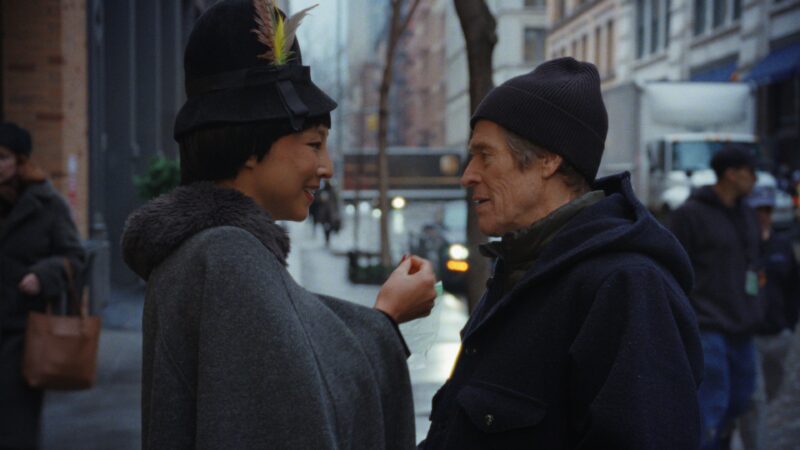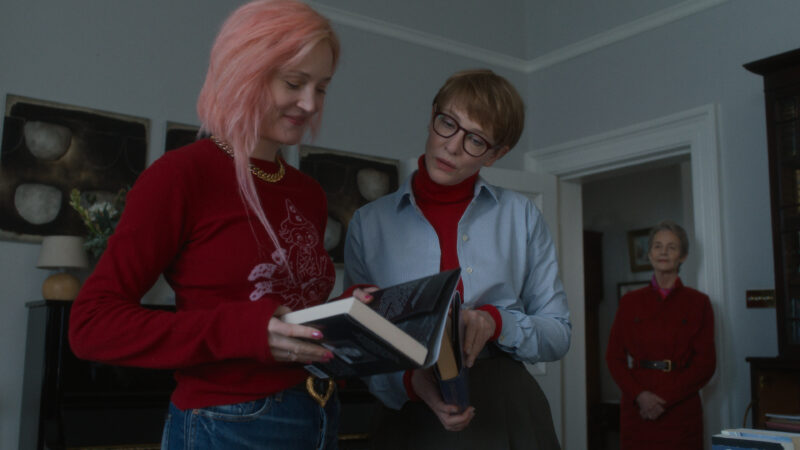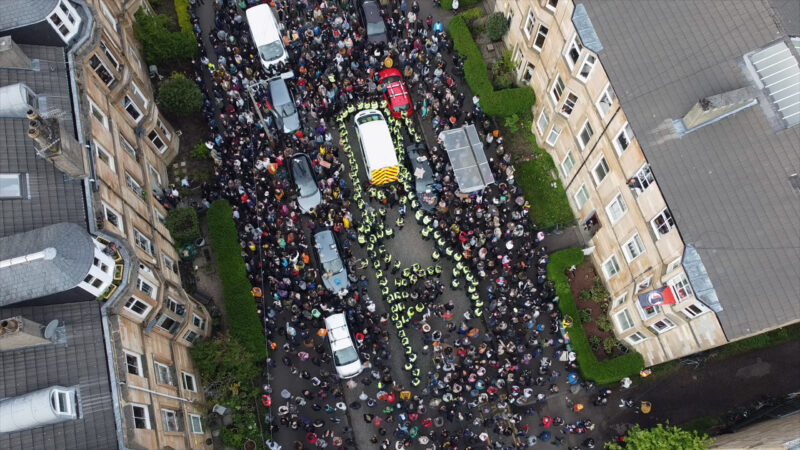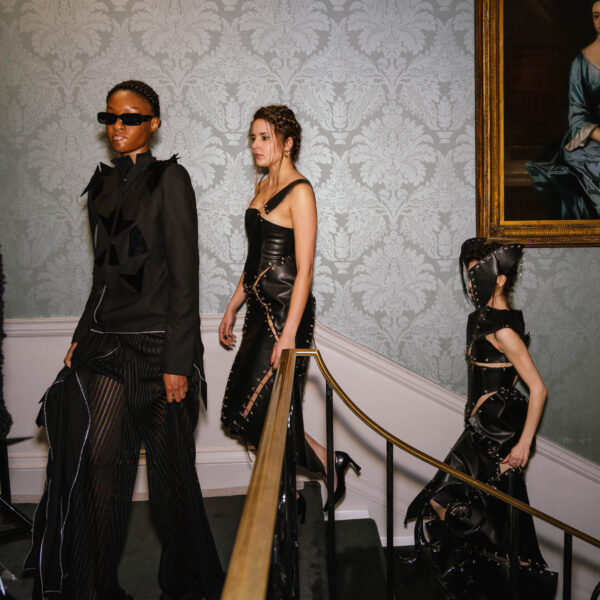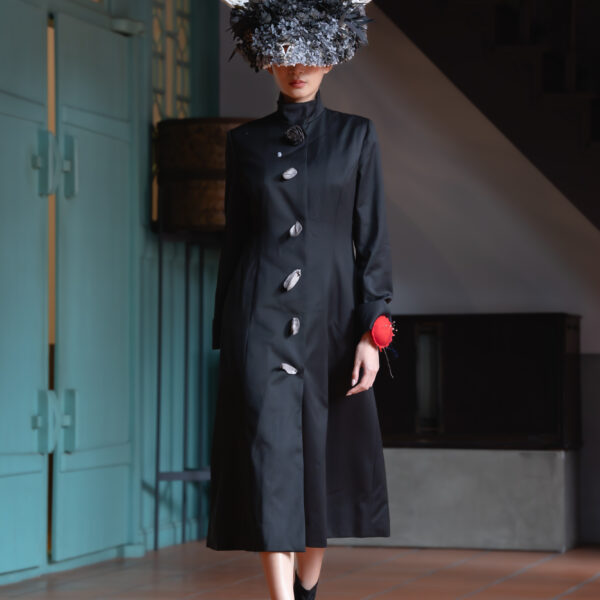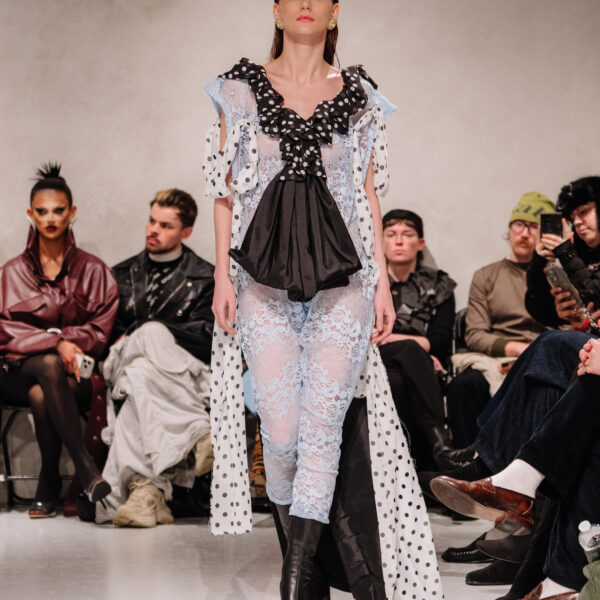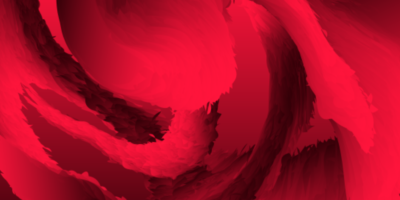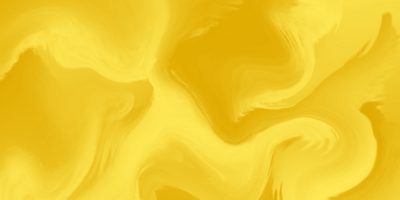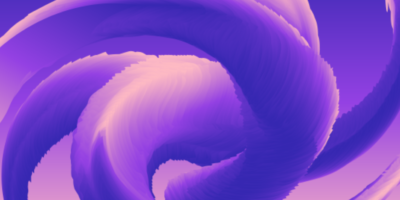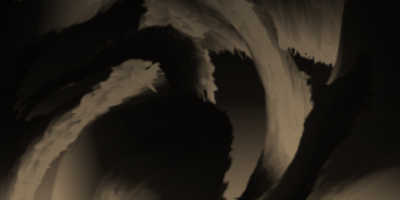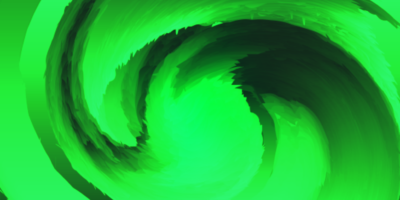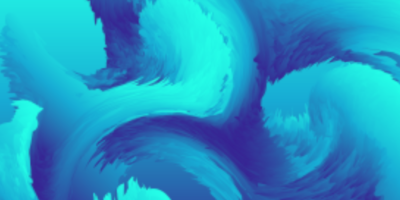In her latest body of work, painter Elena Unger conjures vast, visionary landscapes suspended between the celestial and the catastrophic. Her canvases are charged with the grandeur of the Baroque and the intensity of apocalyptic vision, portraying a world in flux where beauty and terror coexist in sublime tension.
Unger’s paintings unfold like modern myths. Bathed in turbulent light and layered with narrative meaning, they explore faith, philosophy and the fragility of civilisation. The viewer is pulled into her imagined worlds – ethereal terrains that shimmer with psychic energy and moral unease. Her compositions evoke the drama of John Martin’s romantic cataclysms, where cities crumble beneath divine storms and celestial light fractures the dark.
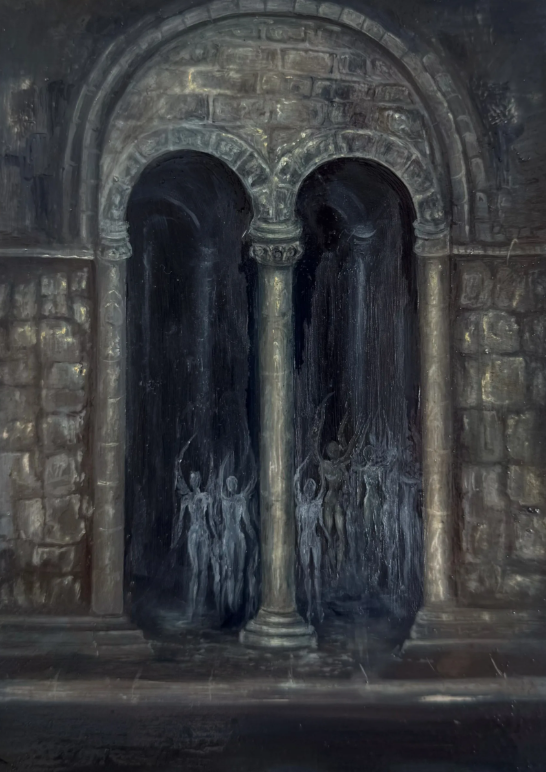
The Castle, After Kafka, Fragment 4, 2025
Technically, Unger is a master of her medium. Working entirely from imagination, she builds her scenes through a slow, meticulous process of glazes and scumbles, crafting dense surfaces that seem to breathe. Every vortex of cloud, every flicker of architectural detail, is rendered with both precision and abandon. Through this process, the oil paint becomes alchemical – a living material that shifts between the solid and the spectral.
The artist’s references to Baroque chiaroscuro and seventeenth-century Dutch still-lifes are unmistakable. In one striking series, overripe fruit gleams with seductive richness even as it begins to rot, a meditation on consumption and decay that echoes the vanitas tradition. Elsewhere, monumental ruins of classical and brutalist architecture rise from whirling skies, embodiments of power on the verge of collapse.
Philosophically, Unger’s work finds kinship with Walter Benjamin’s “angel of history”, who faces the wreckage of progress as it piles before him. Her angels too are caught in storms – luminous, fragile figures adrift in chaos. The swirling paint conceals and reveals them in equal measure, creating a haunting sense of revelation within destruction.
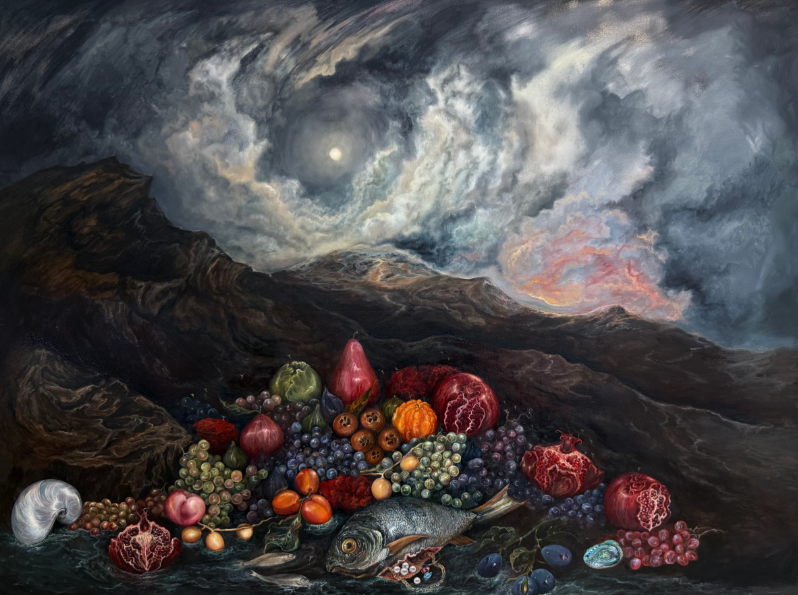
Ultimately, Unger’s paintings are acts of witness. They present disaster not as an end, but as a moment of transformation – a divine disturbance that births light from darkness. In these ecstatic visions, ruin and renewal are inseparable. Through her mythic imagination and painterly ferocity, Elena Unger reaffirms the enduring power of art to interpret the world’s collapse not as despair, but as revelation.
The Angel of History is open through to November 1 at Pontone Gallery, London
